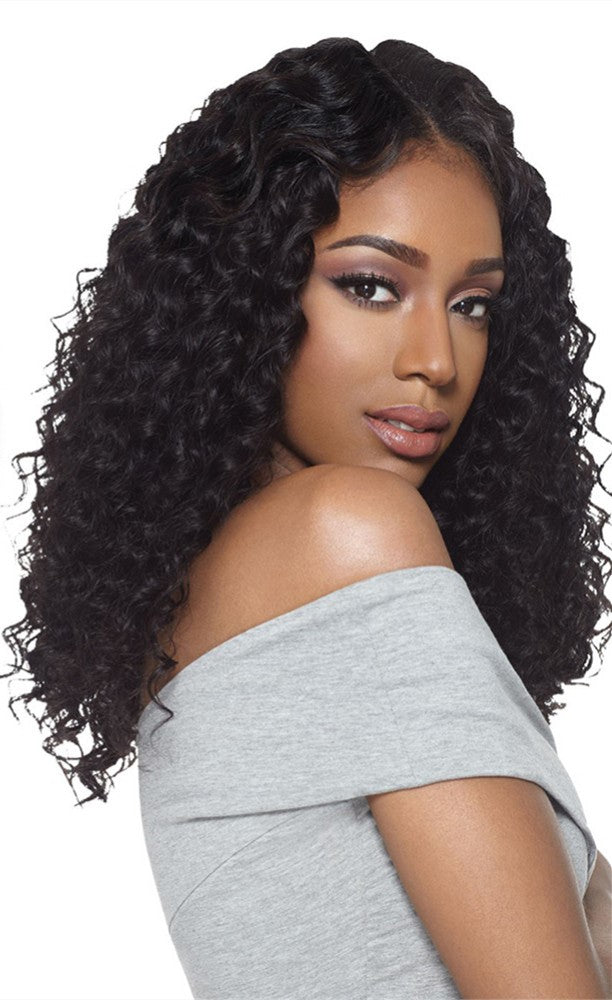Can I Sleep With My Human Wigs
With the improvement of the wig industry and the increasing demand for wigs, today wigs have become a must-have item for many girls. Many people wear their beloved wigs almost every day, even when they go to bed at night. Of course, the desire to always look beautiful is understandable, not to say that if you take off your wig to sleep every day, it will take a lot of time to put it on the next day. Is it okay to wear a wig when you sleep at night? Will there be damage to the wig?

I'm very sorry, but beauty comes at a price. Experts don't recommend sleeping in a wig. You can't help rubbing your pillow back and forth with your hair while you sleep at night. Whether your wig is human or synthetic, too much friction can damage it. Over time, friction can destroy fibers and cause hair loss. It can also cause hair to become tangled, frizzy and dry, all of which can be painful.
What? Do I have to sleep in a wig? Well, at least to protect your wig from friction, hold your hair flat on your head and secure it with a pin. Then, wrap your head in a silk or satin scarf. This will greatly protect your headgear.
So what should we do to protect our wigs as much as possible? Here are some suggestions.
- Do your bedtime routine.
Before you lie down, braid your hair and wrap a hat around your wig to reduce direct friction while you sleep.
- Use a good pillow. A satin or silk pillowcase will go a long way to protecting your hair.
You can also use a satin or silk pillow or pillowcase because it has a smooth surface, which reduces friction and protects your wig from getting knotted or damaged.
- Remove tangled hair in the morning.
Even if you've taken steps to protect your wig, straighten out your hair in the morning. Resolving the tangles in time will prevent hair from getting worse.
- Try to avoid wearing wigs to bed.
Wigs also need rest, so don't sleep with them on too often. To extend the life of a wig is to need enough patience to care.






















